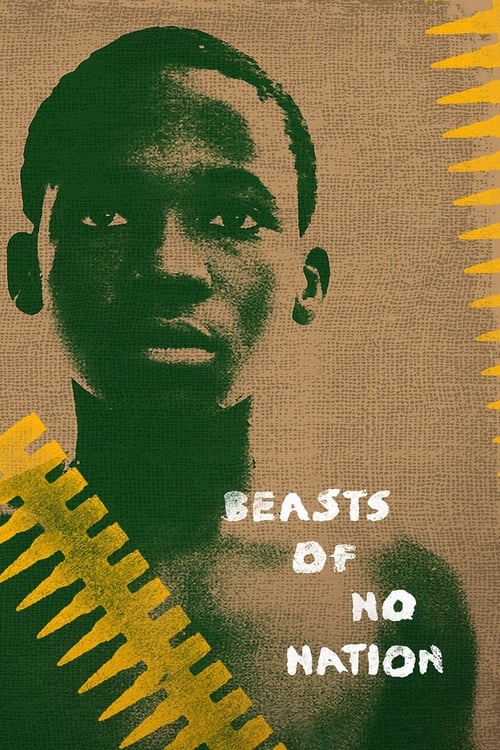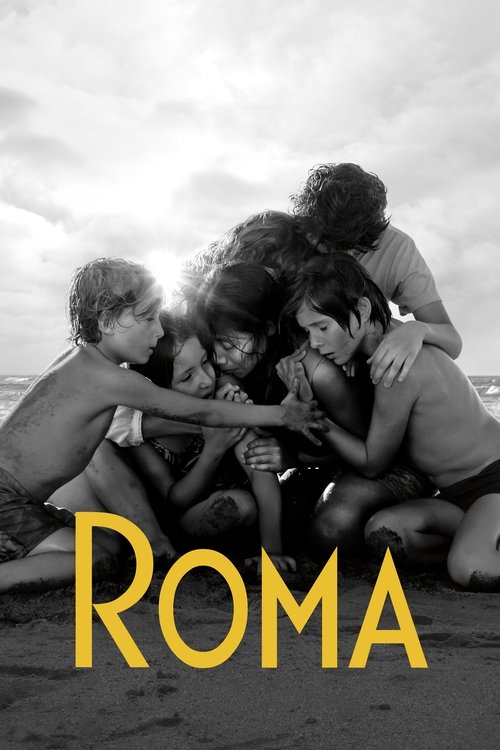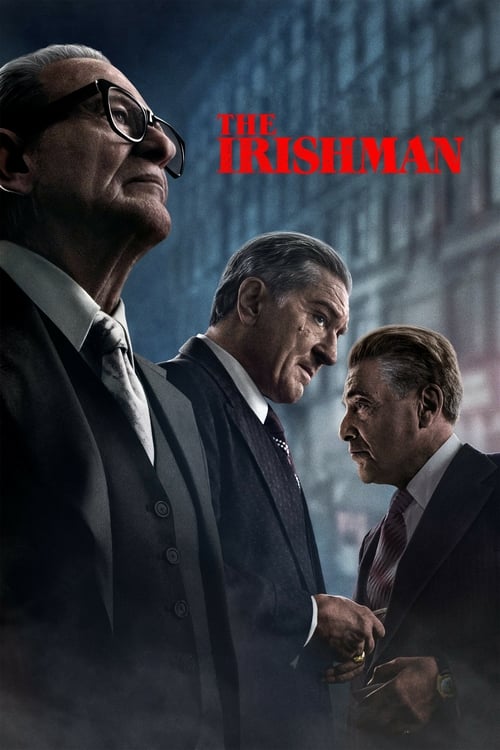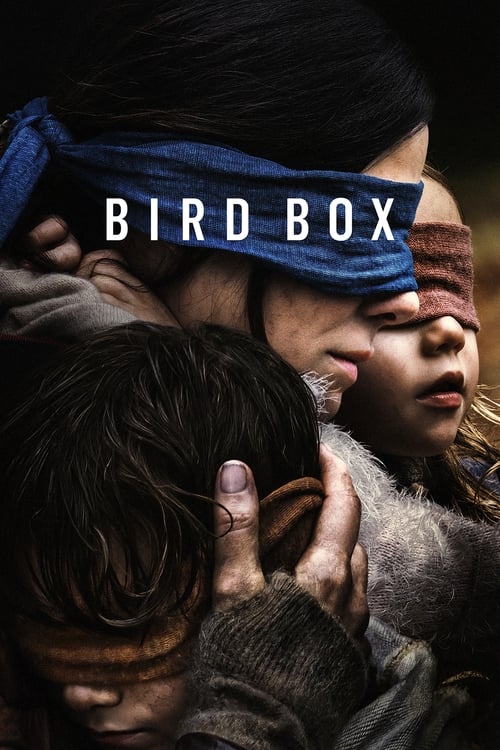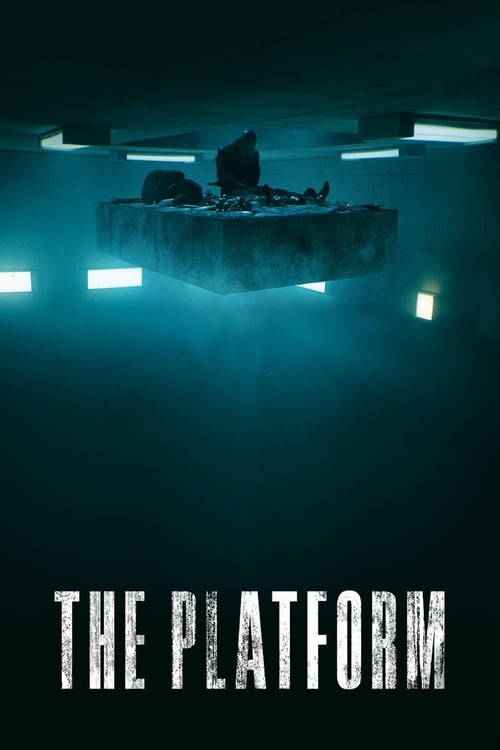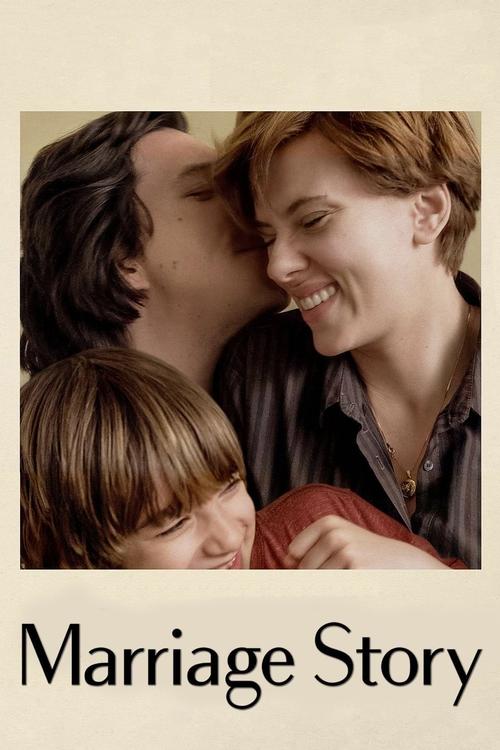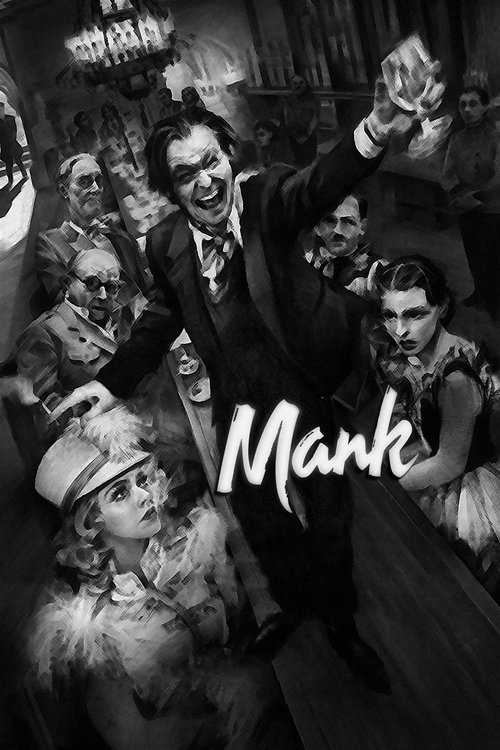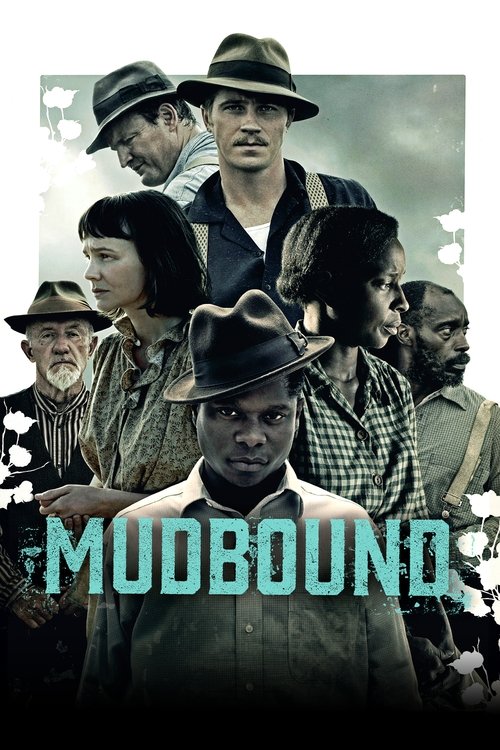Streaming Changes Everything
Netflix revolutionizes distribution
Netflix's 2007 introduction of streaming video marked a seismic shift in film distribution that would fundamentally reshape how audiences consume and engage with cinema.
The traditional theatrical release model that dominated cinema for over a century faced its first serious disruption when Netflix began streaming content directly to consumers. This shift started modestly with older library titles but accelerated dramatically when Netflix launched its first original film, "Beasts of No Nation" (2015), simultaneously online and in select theaters. This controversial day-and-date release strategy challenged the established 90-day theatrical window, drawing fierce criticism from traditional exhibitors and directors like Christopher Nolan, who viewed it as an existential threat to theatrical exhibition. However, it also democratized access to independent and international films that might never have reached wider audiences through conventional distribution.
Netflix's distribution model began influencing the very aesthetics of filmmaking. Cinematographers and directors had to consider how their work would appear on devices ranging from phones to 4K TVs. This led to what critics termed the "Netflix look" - high-key lighting, shorter shot lengths, and increased close-ups to maintain clarity on smaller screens. Films like "Bird Box" (2018) and "Extraction" (2020) exemplified this approach, while others like "The Irishman" (2019) maintained traditional cinematic qualities despite being primarily viewed at home. This tension between theatrical and streaming aesthetics continues to shape contemporary cinematography.
Netflix's international expansion revolutionized world cinema distribution. Films like "Okja" (2017) and "Atlantics" (2019) reached global audiences instantly, bypassing traditional territory-by-territory rollouts. This democratization of distribution enabled filmmakers from underrepresented regions to find worldwide audiences. Korean cinema, in particular, benefited from this model, with films like "The Call" (2020) finding international success years before "Parasite" broke theatrical barriers. The platform's algorithm-driven recommendation system also influenced viewing habits, sometimes leading to unexpected hits like Spanish thriller "The Platform" (2019).
Netflix's willingness to fund ambitious projects transformed production possibilities. Traditional studios might have balked at Martin Scorsese's $159 million budget for "The Irishman" or the experimental narrative structure of "I'm Thinking of Ending Things" (2020). The streaming model, freed from box office pressures, enabled riskier creative choices. However, this also led to criticism about Netflix's "quantity over quality" approach, with some arguing that the platform's enormous output diluted overall film quality. The success of prestige projects like "Marriage Story" (2019) and "Mank" (2020) demonstrated the platform's ability to balance commercial and artistic ambitions.
Netflix's technical requirements pushed the industry toward new standards. The platform's 4K HDR specifications became industry benchmarks, influencing how films were shot and finished. Cinematographers like Rachel Morrison ("Mudbound") and Erik Messerschmidt ("Mank") adapted their techniques for optimal streaming presentation while maintaining cinematic quality. The platform's investment in post-production tools and workflows also accelerated the industry's transition to cloud-based collaboration, particularly crucial during the COVID-19 pandemic.
More Ideas
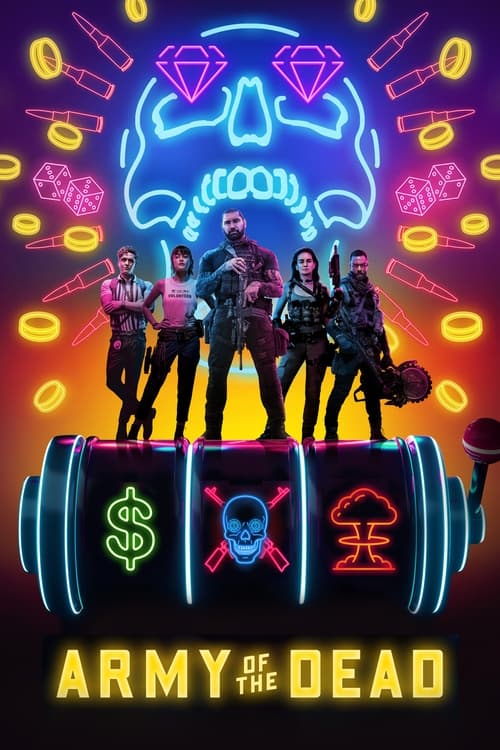
Army of the Dead
(2021)
Zack Snyder's zombie heist film demonstrated Netflix's blockbuster ambitions
Streaming on Netflix
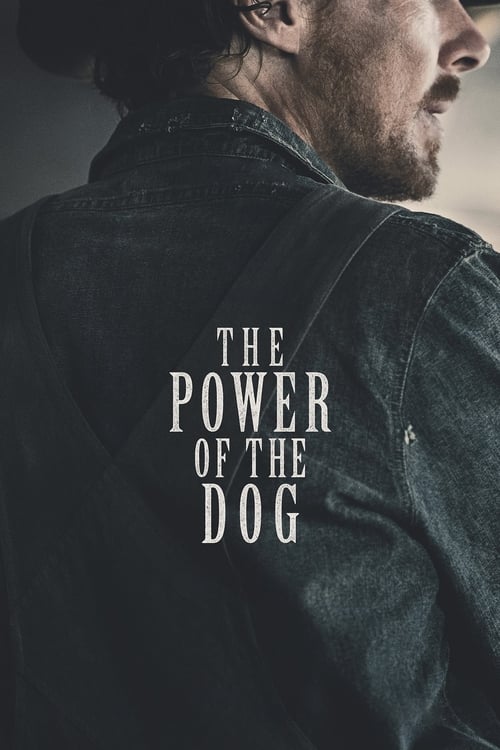
The Power of the Dog
(2021)
Jane Campion's western proved streaming services could attract prestigious directors
Streaming on Netflix
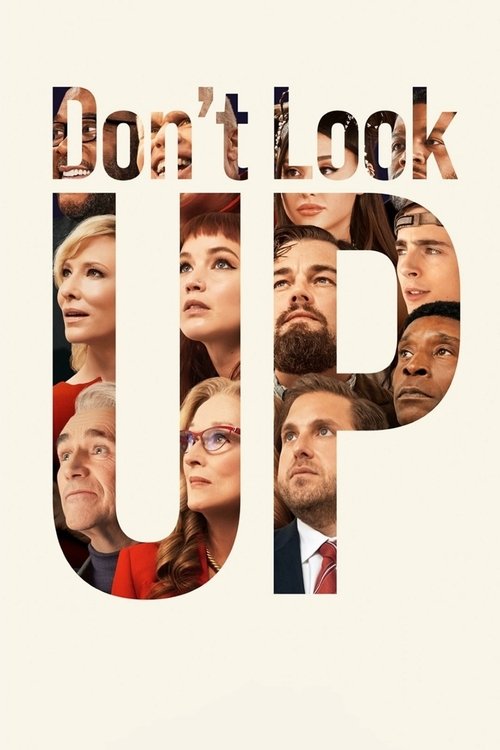
Don't Look Up
(2021)
Star-studded satirical comedy showing Netflix's ability to attract A-list talent
Streaming on Netflix

Red Notice
(2021)
Big-budget action film highlighting Netflix's commercial entertainment focus
Streaming on Netflix
More from Hollywood Transformed
WWII & Cinema's War Effort
Movies as propaganda and art
Independent Film Renaissance
Breaking free from studios
International Cinema Breaks Through
World cinema reaches America
Franchise Filmmaking Dominance
Sequels and shared universes
Marvel & the Cinematic Universe
Superhero storytelling dominates
A24 & Independent Prestige
Art house meets commercial success
International Streaming Wars
Global content competition
Post-Pandemic Cinema
How COVID changed moviegoing
From Weimar to Hollywood: The Émigré Influence
European artistry in America
